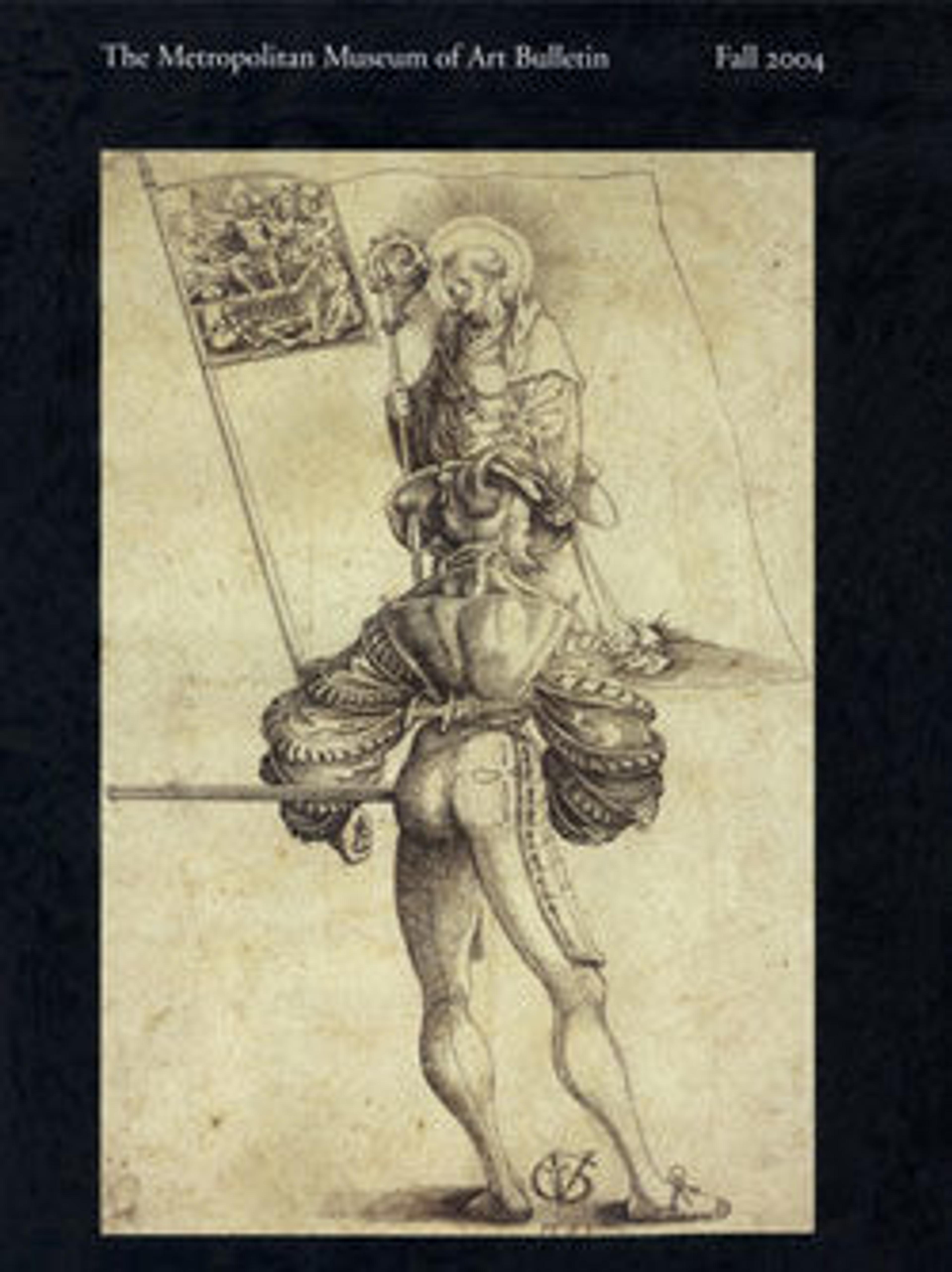Paris
One of the great Neoclassical sculptor Canova's most famous compositions represents Paris judging which of the three goddesses, Juno, Minerva, or Venus, was the most beautiful. Reputedly the most handsome mortal, Paris wears the Phrygian cap characteristic of the region of present-day Turkey, where he lived. His calm pose and serene gaze give no hint of the aftermath of the moment; once he bestowed the golden apple held behind his back upon Venus and received her bribe of Helen, wife of Menelaus, the disastrous Trojan War ensued. Canova carved the first version of this subject for Joséphine de Beauharnais between 1808 and 1812; it is now in the Hermitage Museum, Saint Petersburg. Another was made for Prince Ludwig of Bavaria and is now in Munich. This version was recorded as unfinished in Canova's studio at his death in 1822. Together with a Venus (acc. no. 2003.21.1), it was completed by the sculptor's assistants the following year and sold to the third marquess of Londonderry in late 1826 or early 1827 by Canova's half-brother Giovanni Battista Sartori. Prior to their acquisition, Londonderry had seen the marbles in Canova's Roman studio when passing through the Eternal City after representing British interests at the Congress of Vienna.
Artwork Details
- Title: Paris
- Artist: Workshop of Antonio Canova (Italian, Possagno 1757–1822 Venice)
- Date: ca. 1822–23, original marble version completed November 1812
- Culture: Italian, Rome
- Medium: Marble
- Dimensions: Overall: 80 in. (203.2 cm)
- Classification: Sculpture
- Credit Line: Bequest of Lillian Rojtman Berkman, 2001
- Object Number: 2003.21.2
- Curatorial Department: European Sculpture and Decorative Arts
More Artwork
Research Resources
The Met provides unparalleled resources for research and welcomes an international community of students and scholars. The Met's Open Access API is where creators and researchers can connect to the The Met collection. Open Access data and public domain images are available for unrestricted commercial and noncommercial use without permission or fee.
To request images under copyright and other restrictions, please use this Image Request form.
Feedback
We continue to research and examine historical and cultural context for objects in The Met collection. If you have comments or questions about this object record, please contact us using the form below. The Museum looks forward to receiving your comments.
